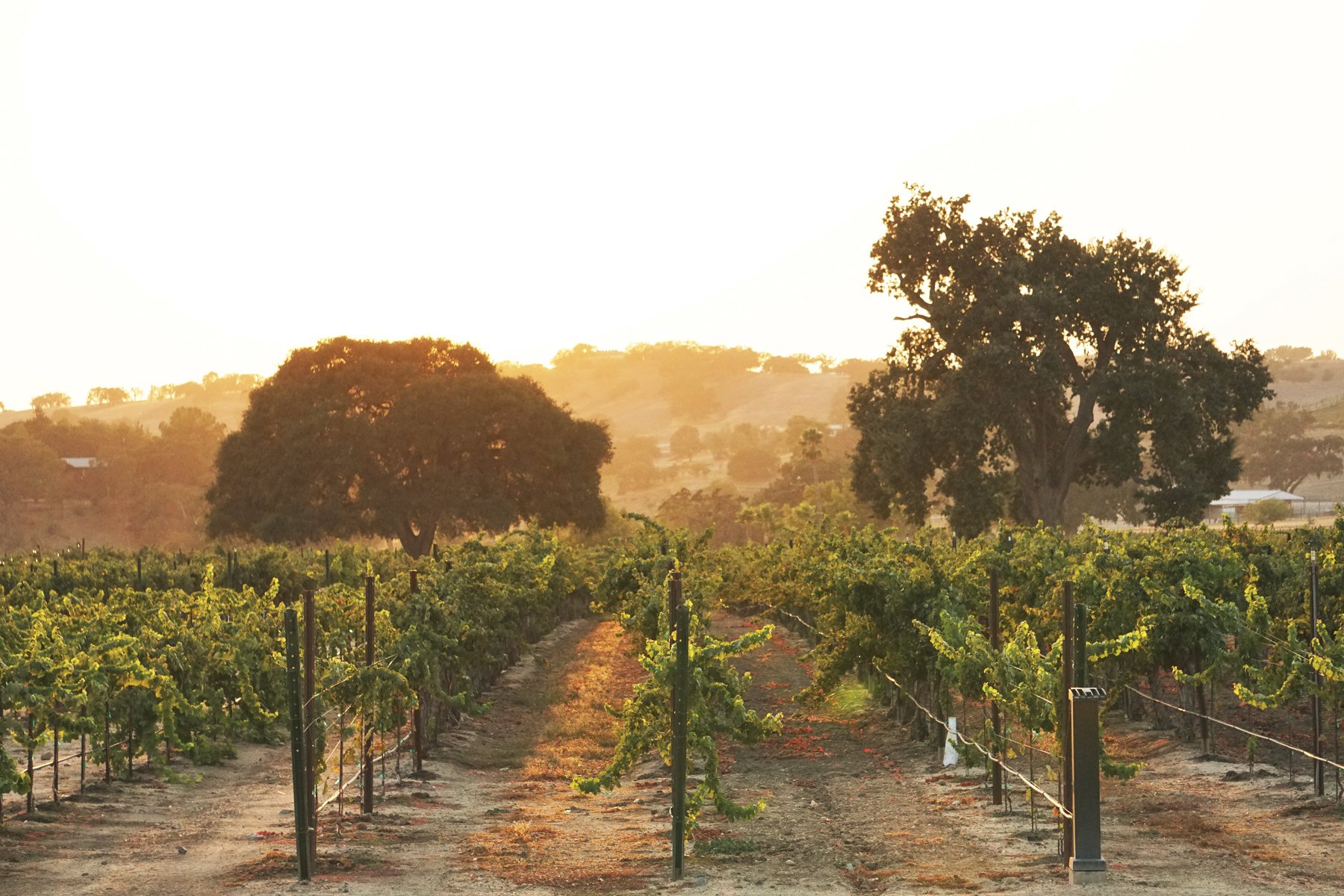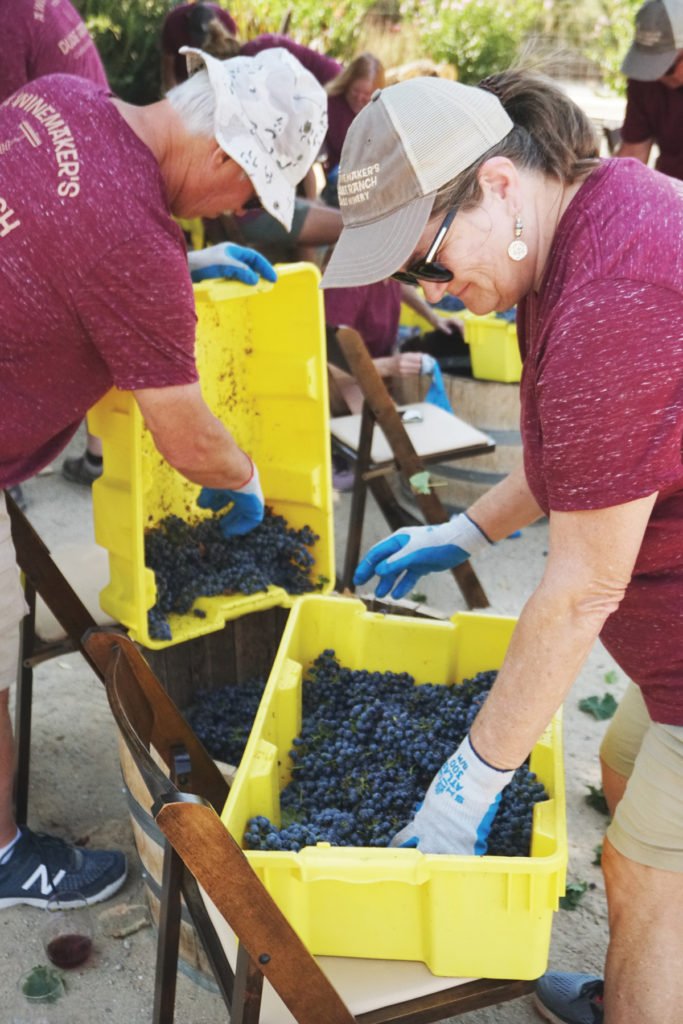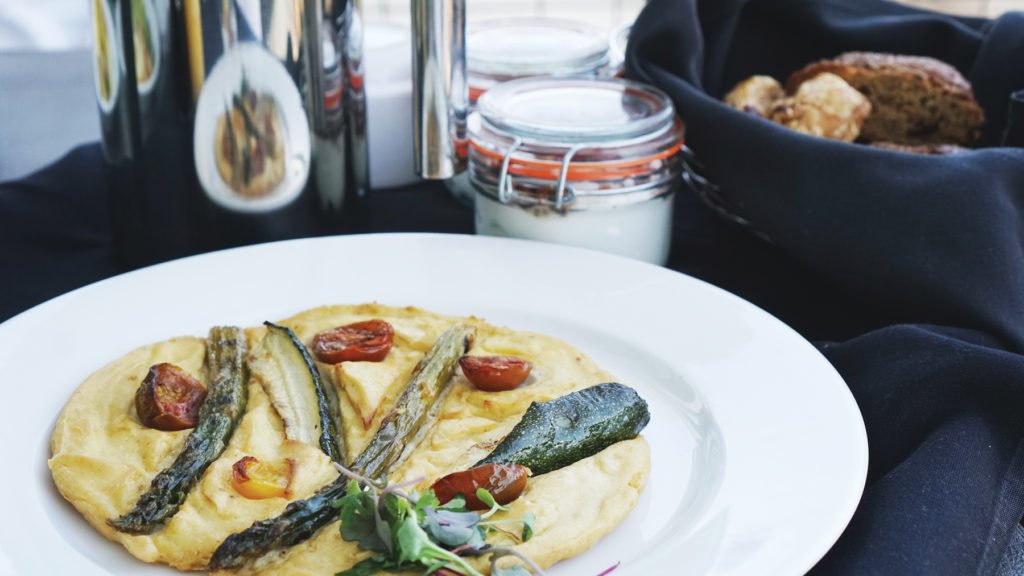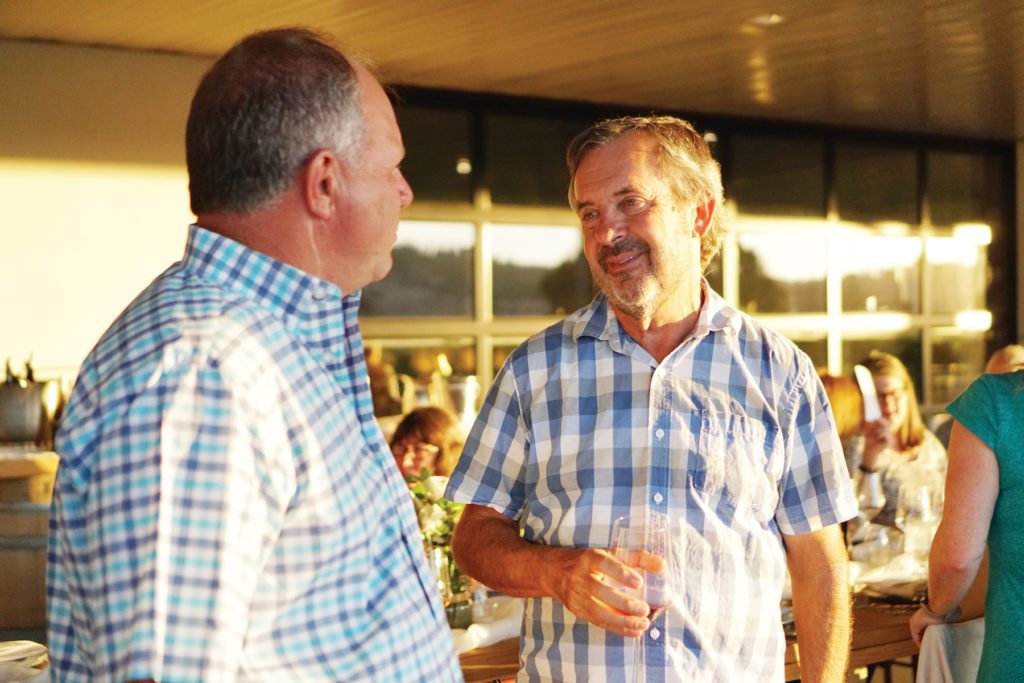
An Invitation to Agriculture
Photography by Dustin Klemann
“It’s increasingly hard to make a living just from farming,” explains California’s Agritourism Coordinator Rachael Callahan. “The ability to earn extra income through agritourism is a venture that farmers really have to consider.”
Cass Winery has been selling wine since it opened in 2003 and when Owner Steve Cass decided to install a quaint bed and breakfast, he faced challenges with county supervisors who limited the number of rooms he could offer. To open the inn, Cass was required to offer an educational component. Steve had already intended to introduce an educational program at Cass, so he opened the eight-room Geneseo Inn and launched the agritourism experience in 2020, hoping that even during a pandemic people would come.
“We’ve always had wines at a premium price point,” Steve shares. “We got to know these buyers and they weren’t snobbish, they weren’t averse to the outdoors. If you can’t show the behind the scenes of your business to the public, you’re doing something wrong.”
While it was never in question whether Cass customers enjoy the wines, it’s clear the level of technical education about winemaking among guests varies. “What’s a petit sirah, a small syrah?” asked one guest, who was informed that petit sirah and syrah are in fact two different varietals of wine. “No? Que sera!” he exclaimed with a devil may care grin on his face.

By the end of the retreat, that particular guest was thoroughly enlightened by not only the vineyard manager but the sommelier and winemaker. While picking grapes by hand in the already toasty 9am sun, industry vocabulary like “brix,” the measure of sugar in a grape, and “mog,” which indicates the level of excess materials like leaves in the bin, left visitors excitedly repeating the new buzz words like school children.
To balance out the seemingly endless stream of wine being poured into glasses of guests, Chef Charlie Paladin Wayne prepared exquisite meals that featured vegetables and herbs grown predominantly in the Cass garden. A five-course winemaker dinner served on the final night of the stay included bacon-wrapped shrimp, sea bass, mushroom crostini, and a cheese souffle with berry sauce.

To keep the interest in agriculture alive, guests are sent home with their own winemaking kit that includes must, which is freshly crushed fruit juice, yeast, a carboy and other tools. In addition to the winemaking program, Cass features a three-day beekeeping experience, as well as an olive oil course in partnership with Kiler Ridge Olive Farm. Future plans include adding a hard cider program that utilizes the apples grown on site.
“This has been our culture for a long time,” Chanda says. “But we want to share that culture and passion with others and shed light on all that goodness.”


